War in Ethiopia: Oromo Liberation Army advances towards Addis Ababa
By France24
02 December 2021 |
12:03 pm
Fighting continues in Ethiopia, where rebel groups are advancing on the capital Addis Ababa. While much has been said about the northern front, where the army is at war with the Tigray Defense Forces (TDF), another armed group – allied to Tigrayans – is fighting from the south and west of the country. The Oromo Liberation Army (OLA) now controls a large swathe of territory. Together, the TDF and OLA plan to topple the government and take over the capital. The government accuses these rebel groups of committing crimes against civilians, including several massacres. Our regional correspondent reports.
In this article
Related
Related
3 days ago
In the Rwandan village of Mbyo, Tutsi who survived the genocide now live together with rehabilitated Hutu perpetrators. But they tell DW it has been a difficult journey.
1 day ago
A UN-led event to secure donations to address Ethiopia's humanitarian crisis fell short of its $1 billion target. The East African country has been hit by conflict and extreme weather in recent years.
1 day ago
The Iranian attack was largely repelled and as such is a "dramatic failure", Barak said. As a result, he believes "there is no need and no will to go into full-scale war" with Iran.
1 day ago
More than 1,000 people have succumbed to cholera, while tens of thousands across Africa have been infected in a series of deadly cholera outbreaks since the beginning of 2024.
17 hours ago
Kenya's military chief Gen. Francis Ogolla, was among 10 people killed in a helicopter crash in the Cheptulel area of Kenya's Rift Valley region, on Thursday, Kenyan President William Ruto confirmed.
8 hours ago
The Croatian city of Vukovar, on the banks of the Danube, has a painful past. Located on the border with Serbia, it was the scene of the first major battle in the 1990s Balkan wars. Four years before the genocide in Srebrenica and eight years before the war in Kosovo, Vukovar was the first city in the former Yugoslavia to suffer ethnic cleansing, in 1991. More than 30 years later, reconciliation between local Serbs and Croats is hindered by impunity for war crimes and the inability to agree on a common version of events.
Latest
2 hours ago
Find these stories and much more when you grab a copy of The Guardian on Saturday.
5 hours ago
India's mammoth elections are now under way, with Prime Minister Narendra Modi widely expected to win a third term. Since coming to power in 2014, Modi has expanded subsidy programmes for the poor and women.
5 hours ago
A world record of 969 million citizens are called to the polls for what some see as a referendum on one man. India is about to embark on the world's biggest election, staggered over seven weeks, with Narendra Modi’s Hindu nationalist BJP expected to extend its solid lead in parliament. Modi has been pointing to a decade of unprecedented growth and power for a nation courted by the West and beyond.
6 hours ago
India's mammoth elections are now under way, with Prime Minister Narendra Modi widely expected to win a third term. Since coming to power in 2014, Modi has expanded subsidy programmes for the poor and women. These programmes include measures like equipping homes with butane gas by offering free cylinders or distributing free food rations. Some 60 percent of the population benefits from Modi’s food distribution scheme, which he has pledged to renew for another five years. Another success story is the nationwide rollout of digital payment services. Meanwhile, critics say the prime minister is eroding democracy by targeting opposition parties and controlling the media.
6 hours ago
In the early hours of Sunday morning, Iran fired hundreds of missiles and drones at Israel in an unprecedented strike launched directly from Iranian territory. Almost all of the drones, rockets and cruise missiles launched by Iran were intercepted by Israeli air defenses with the help of the US, UK, and several Arab countries.
10 hours ago
The country's ruling junta is stepping up cooperation with Moscow, after expelling French troops last year. Also in the programme, at least three people have been killed in a shootout between militiamen and police in the Ethiopian capital. Among the dead are fighters from a rebel militia known as Fano. Plus, the art of remembering: painters in Rwanda are keeping the memory of genocide victims alive by drawing their inspiration from photographs.
×

Get the latest news delivered straight to your inbox every day of the week. Stay informed with the Guardian’s leading coverage of Nigerian and world news, business, technology and sports.


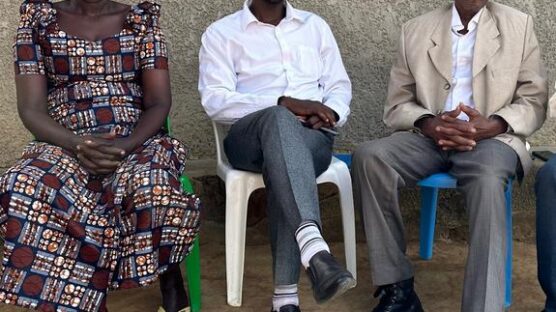
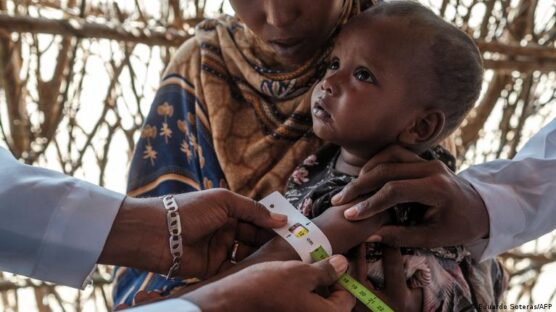

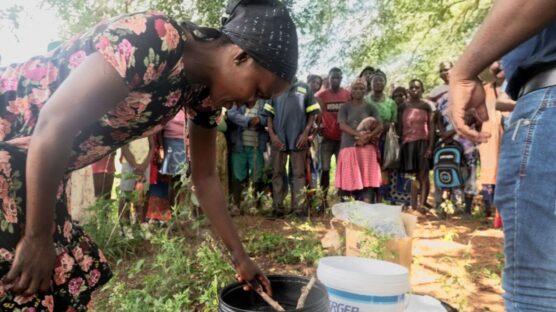
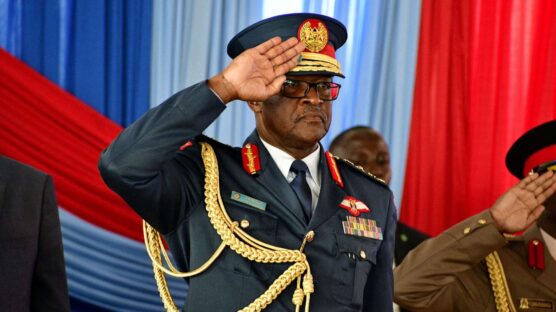
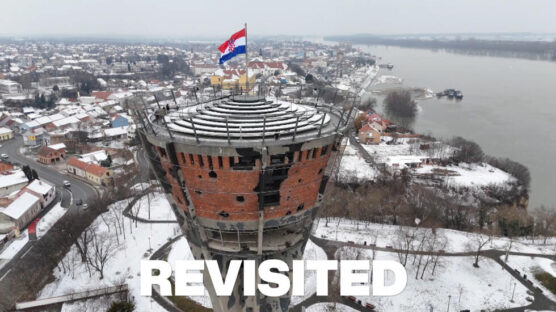





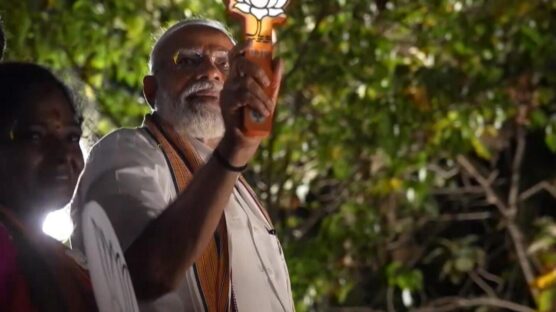

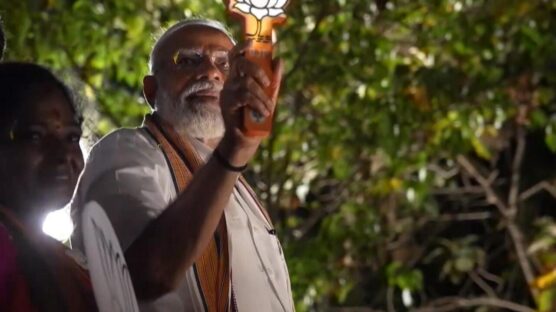
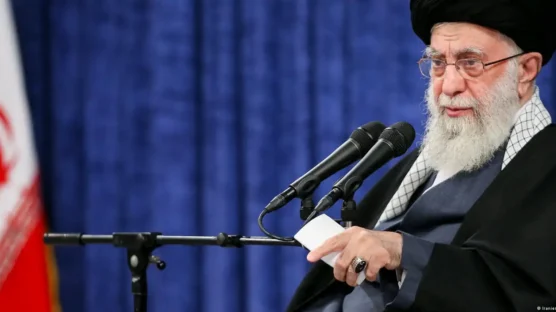
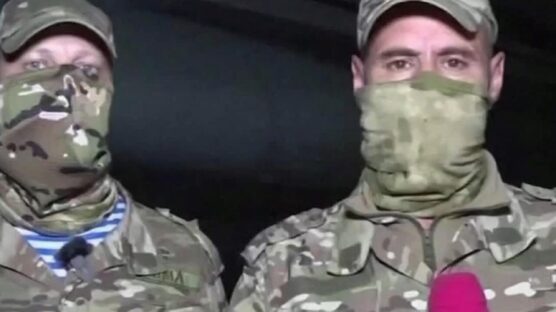
0 Comments
We will review and take appropriate action.